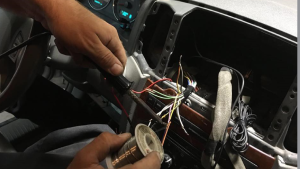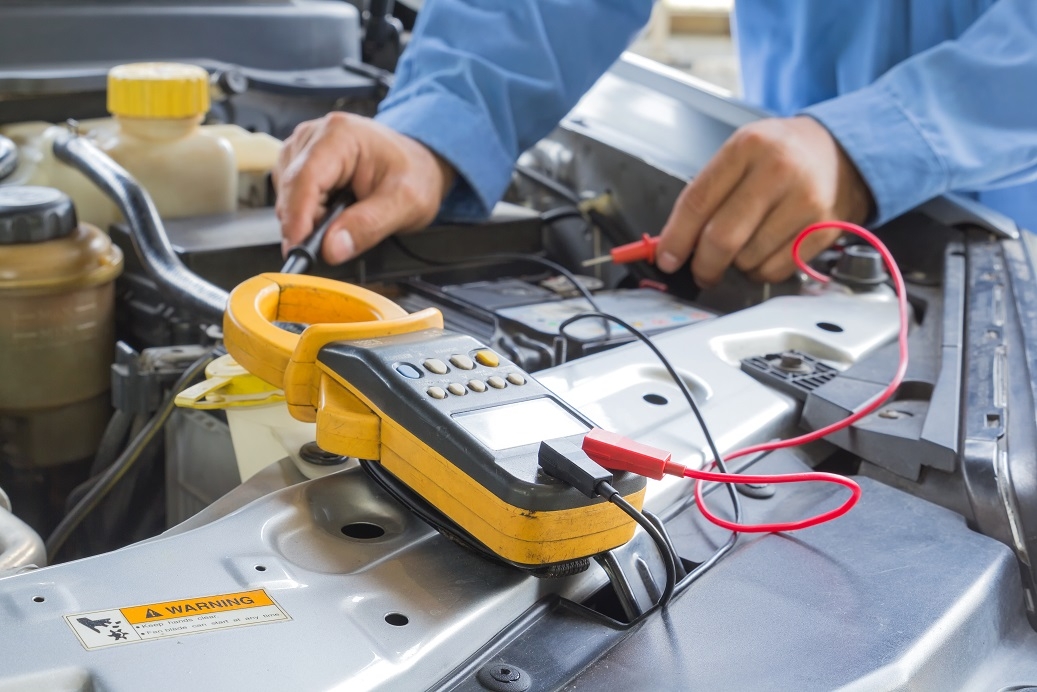The Basics of Auto Electrics: A Beginner’s Guide
Understanding the fundamentals of auto electrics is essential for anyone looking to delve into the world of automotive maintenance and repair. Whether you’re a car enthusiast or simply want to know more about how your vehicle works, this guide will provide you with the basic knowledge you need to get started. The Basics of Auto Electrics: A Beginner’s Guide
Table of Contents
- What is Auto Electrics?
- Components of an Auto Electrical System
- Common Electrical Issues in Vehicles
- Safety Tips for Working with Auto Electrics
What is Auto Electrics?
Auto electrics refer to the electrical systems and components found in vehicles. These systems are responsible for powering various functions, including ignition, lighting, heating, and entertainment. Understanding how these systems work is crucial for diagnosing and repairing issues that may arise.
Importance of Auto Electrics
Modern vehicles rely heavily on electrical systems to operate efficiently. From fuel injection systems to advanced safety features, auto electrics play a vital role in ensuring that your vehicle runs smoothly and safely. Without proper functioning electrical components, your car may experience performance issues or even break down.

Components of an Auto Electrical System
An auto electrical system comprises various components that work together to power and control different functions of a vehicle. Here are some of the key components you should be familiar with:
Battery
The battery is the heart of the auto electrical system, providing the initial power to start the engine and supplying electricity to other components when the engine is off. Regular maintenance and checks are essential to ensure the battery’s longevity and performance.
Alternator
The alternator is responsible for generating electricity while the engine is running, replenishing the battery and powering the electrical systems. It works in tandem with the battery to maintain a steady supply of power throughout the vehicle.
Starter Motor
The starter motor is crucial for initiating the engine’s combustion process. It uses electricity from the battery to crank the engine, allowing it to start and run smoothly.
Fuses and Relays
Fuses and relays protect the electrical system from overload and damage by controlling the flow of electricity to various components. They act as safety mechanisms, ensuring that the system operates within its designed parameters.
Common Electrical Issues in Vehicles

Like any other system, auto electrics can experience issues over time due to wear and tear, faulty components, or improper maintenance. Here are some common electrical problems you may encounter:
Dead Battery
A dead or weak battery is one of the most common electrical issues in vehicles. It can be caused by leaving lights on, aging battery, or charging system problems. Regular battery checks and maintenance can help prevent this issue.
Faulty Alternator
A faulty alternator can lead to a drained battery and cause various electrical malfunctions in the vehicle. Signs of a failing alternator include dimming headlights, warning lights on the dashboard, and difficulty starting the engine. https://gatesheadautoelectrics.com.au/
Blown Fuses
Blown fuses can disrupt the electrical flow to specific components, causing them to malfunction or stop working altogether. It’s essential to identify and replace blown fuses promptly to restore normal operation.
Safety Tips for Working with Auto Electrics
Working with auto electrics can be hazardous if proper precautions are not taken. Here are some safety tips to keep in mind when handling electrical components:
Disconnect the Battery
Before performing any electrical work, always disconnect the battery to prevent accidental shocks or short circuits. Remember to follow the manufacturer’s instructions when disconnecting and reconnecting the battery.
Use Proper Tools
Use insulated tools specifically designed for electrical work to minimize the risk of electric shock. Avoid using damaged or worn-out tools that may compromise your safety.
Consult a Professional
If you’re unsure about diagnosing or repairing electrical issues in your vehicle, it’s best to consult a professional mechanic or auto electrician. They have the expertise and equipment to handle complex electrical problems safely and effectively.
Conclusion
Understanding the basics of auto electrics is essential for maintaining and repairing your vehicle’s electrical systems. By familiarizing yourself with the components, common issues, and safety precautions, you can ensure that your car remains in optimal condition and operates safely on the road.


